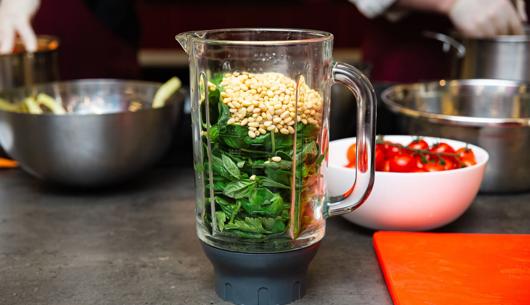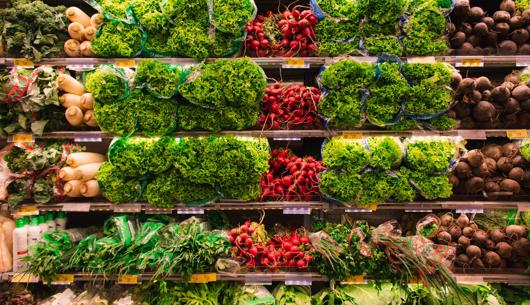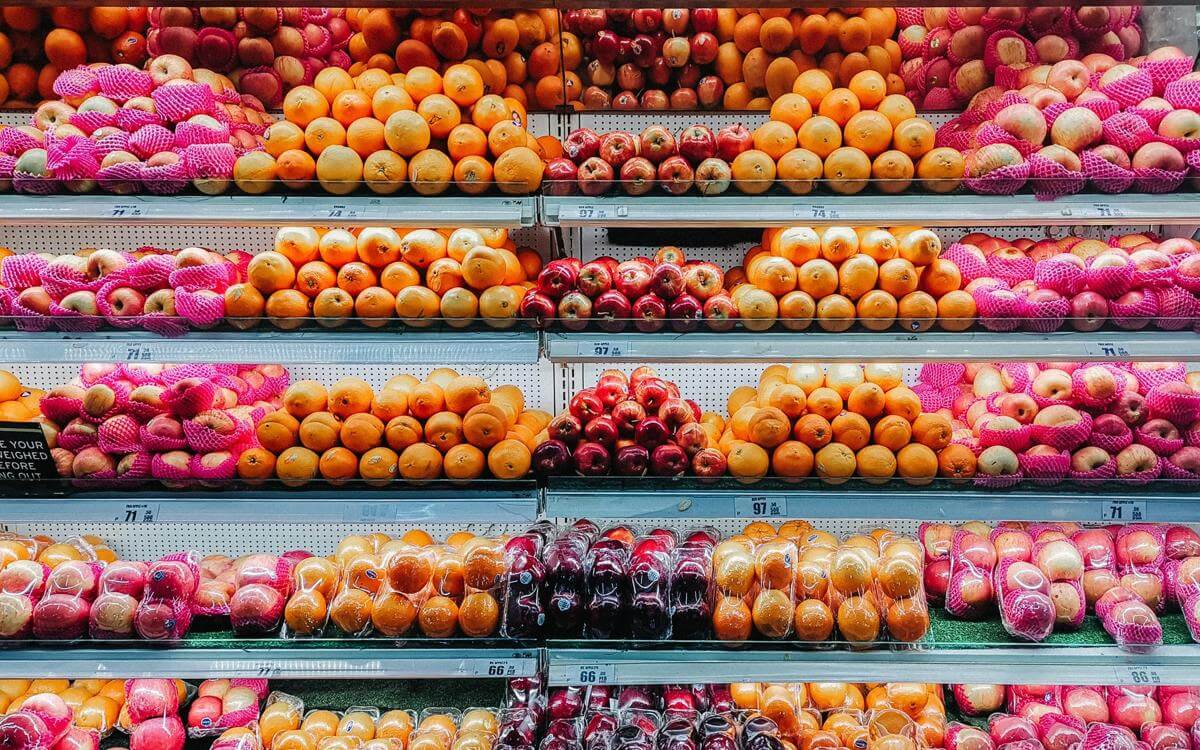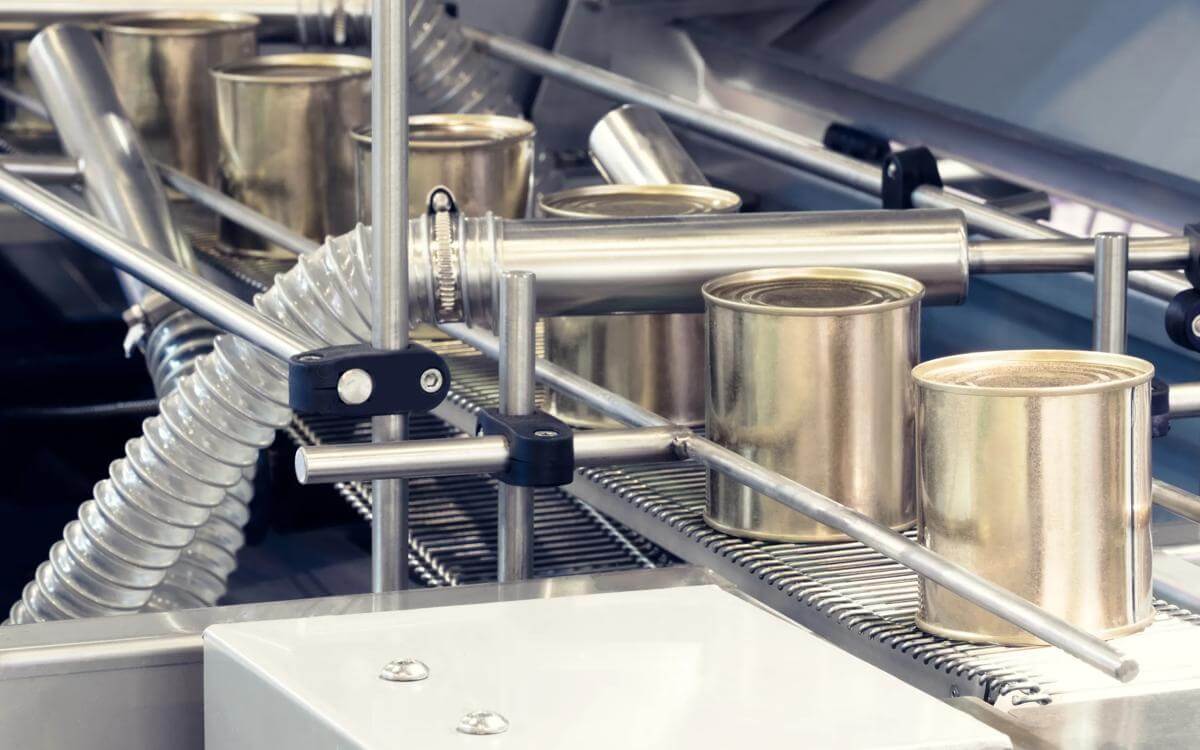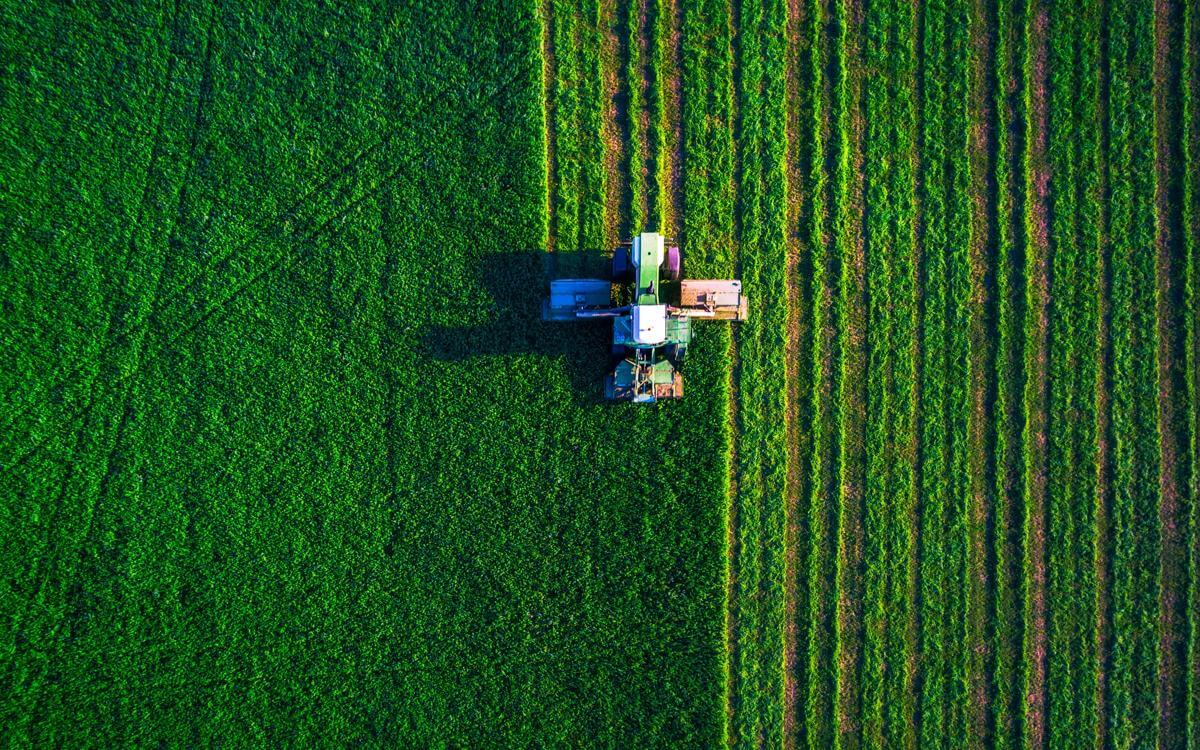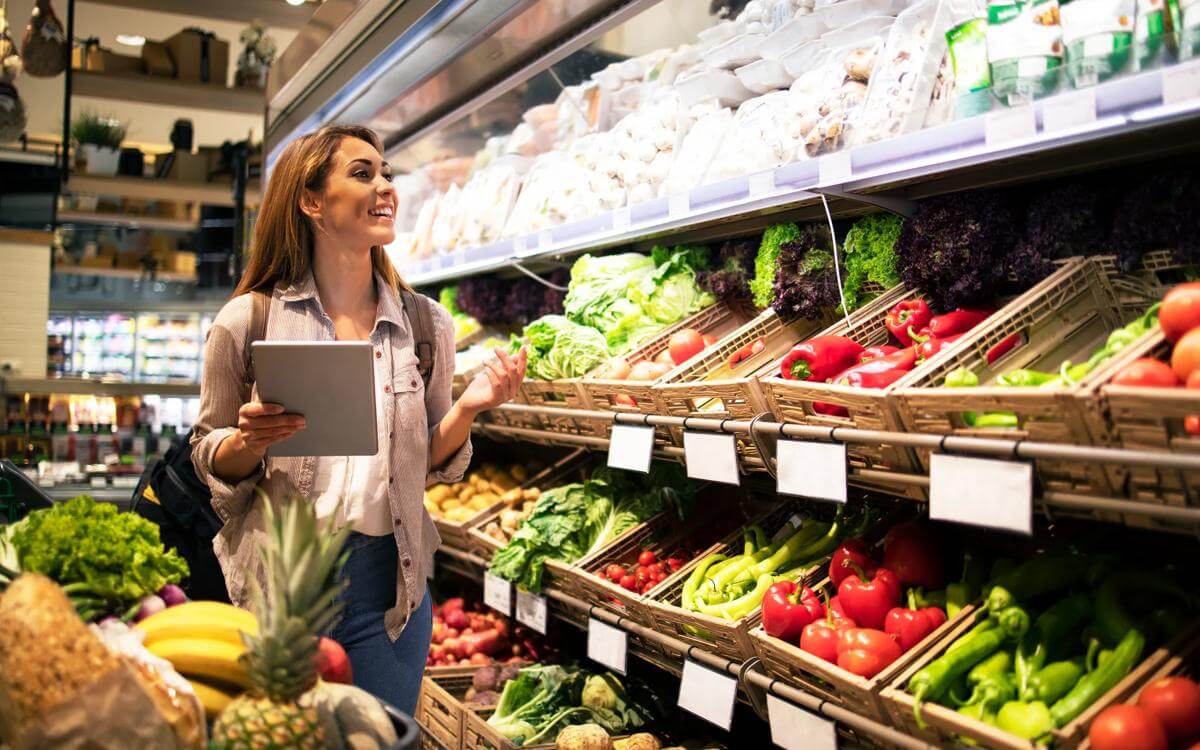The second phase of the UK’s Border Target Operating Model (“BTOM”) will come into force on 30 April 2024.
BTOM is the UK Government’s new model to prevent non-compliant goods from entering the UK. This follows the UK Government’s decision not to impose immediate import controls for goods travelling from the EU to the UK following the UK’s exit from the European Union. It uses a range of import controls to achieve its aim. The higher the risk a product presents, the more stringent the import controls are to keep people safe and maintain consumer confidence. Product risk can vary depending on its origin so the same product may be low risk from the EU but medium risk from a country outside of the EU. The UK Government have issued guidance on import risk categories for animal and animal product imports from the EU, plant and plant product imports from the EU, animal and animal product imports from non-EU countries and plant and plant product imports from non-EU countries.
In a food and drink context these import controls come in the form of pre notification, health certificates, documentary checks and identity and physical checks at the border.
The implementation of the first phase of BTOM was subject to significant political commentary over the costs of imposing these new controls on goods imported from the EU – medium risk animal products are now required as part of this first phase to be accompanied with a export health certificate and medium risk phytosanitary goods require a phytosanitary certificate.
From 30 April 2024, in relation to EU products:
- the introduction of documentary and risk-based identity and physical checks on medium risk animal products, plants, plant products and high-risk food and feed of non-animal origin (except at West Coast GB ports (such as Holyhead)).
- All goods to which import health controls apply will be required to enter via a point of entry that has the relevant Border Control Post or in the case of plants or plant products a Control Point designation for those goods.
- The introduction of Common Health Entry Documents (CHEDs) for all live animal, HRFNAO and animal product imports from the EU is required to support the introduction of identity and physical checks from the end of April 2024. CHEDs will replace the Import Notifications (IMPs) currently required for live animal, HRFNAO and animal product imports from the EU.
From 30th April 2024 in relation to non-EU products (please note product risk designations may vary depending on their origin):
- All goods to which import health controls apply will be required to enter via a point of entry that has the relevant Border Control Post or in the case of plants or plant products a Control Point designation for those goods.
- Health certificates and routine checks at the border will no longer be required for low risk animal products for import from non-EU countries with the exception of intelligence-led interventions on low risk animal products.
- The requirements for import controls on certain low risk plants and plant products from non-EU countries will start to be removed, where supported by risk assessments. Health certificates and routine checks at the border will not be required for such products.
- Medium risk animal products will be subject to reduced levels of intervention at the border with identity and physical check levels being lower than now for imports from non-EU countries.
The third phase is planned for implementation on 31 October 2024 where checks will be introduced for EU sanitary and phytosanitary goods that enter Great Britain via West Coast ports.
Contents
- Food for Thought: Food and drink regulatory update: Spring 2024
- Forest Risk Commodities regulations: Steps food businesses should take
- Implications of the Oatly Milk appeal for Dairy Alternative Producers
- Owen's Law: Pushing for allergen labelling in UK restaurants
- Navigating food labelling laws: The case of Odysea's 'raw honey'












